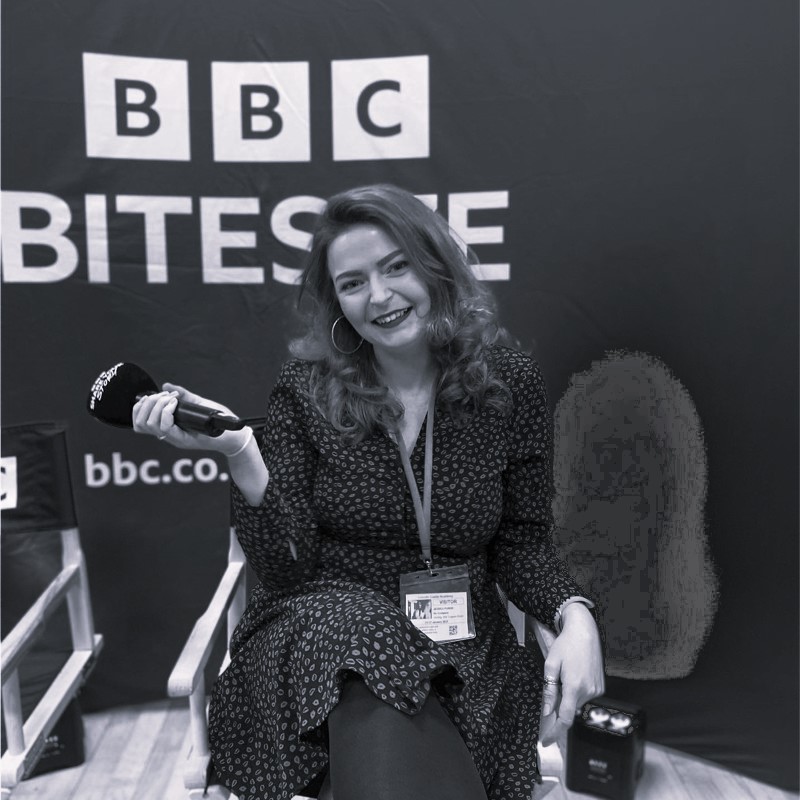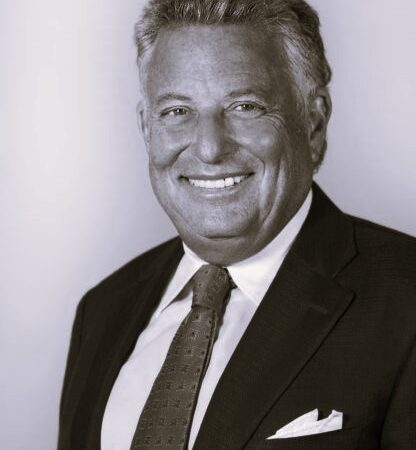Podcast Overview
Are you struggling to set goals, reach new people and start your own business? Don’t worry. Millions of people in this industry struggle with this. From dealing with difficult customers to working to a tight deadline, being an SME Business Owner can be really hard.
In this episode, Jessica shares her journey from PR extraordinaire to Founder. She shares her learnings, challenges and wins along the way.
eCom@One Presents:
Jessica Purdie
Jessica Purdie is the Founder of Prikli Pear. They design and manufacture clothing for all shapes and sizes, supply alterations services, provide creative educational workshops and continue to run a creative female networking group, Stitch & B*tch.
In this episode, Jessica talks about her journey to Prikli Pear and where they are going over the next 18 months. She shares how her background in PR has boosted growth in her personal and professional life and how you can increase profits by increasing relationships with journalists and networks to scale your business and online presence.
Tune into this week’s episode to learn how to manage a challenging job transfer, build strong relations with networkers and how to scale a small business. Also find out what Jessica’s biggest challenges have been throughout this journey.
Oh, and she also gives us a sneak peek into her personal educational workshops in the fashion industry!
Topics Covered:
2:38 – Why Did Jessica Choose To Change Her Career Option From PR?
6:03 – What’s Going On In The Fashion Industry For Jessica
11:48 – What Are The Biggest Challenges When Switching Jobs And Location
17:35 – Where Will Prikli Pear Be 18 Months From Now, What Are The Goals?
19:45 – More About Jessica’s Educational Workshops
23:36 – What Implemented Strategies Work The Best For PR From Experience
29:13 – How You Can Increase Relationships With Journalists And Networkers To Scale Your Business And Advertisements
34:00 – How Jessica’s Background In PR Has Helped Boost Business And Confidence Levels
36:07 – Book Recommendation


